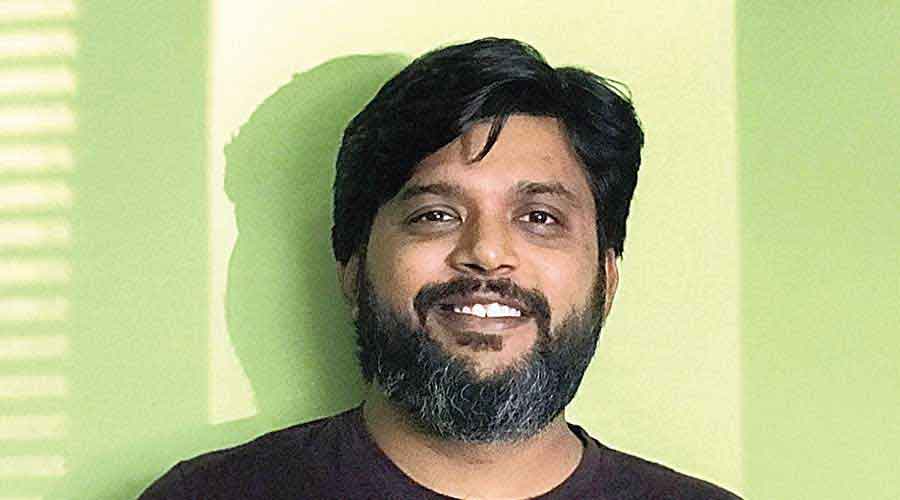The family of slain Pulitzer-winning photojournalist Danish Siddiqui has lodged a complaint with the International Criminal Court to probe his killing and to bring to book those responsible, including high-level commanders and leaders of the Taliban, their lawyer Avi Singh said on Tuesday.
Siddiqui, 38, was on assignment in Afghanistan when he was killed on July 16 last year. The journalist was covering clashes between Afghan troops and the Taliban in Spin Boldak district of Kandahar city.
Addressing a press conference, Singh said the formal complaint has been sent and filed against Taliban commanders, including acting prime minister of Afghanistan Mohammad Hassan Akhund and acting first deputy prime minister Abdul Ghani Baradar.
Singh said they will also be seeking help from the Indian government in the matter.
"We have just filed before the International Criminal Court (ICC) a complaint with regard to the condition of war crimes and crimes against humanity on and about July 16 in the context of Pulitzer prize winning photojournalist Danish Siddiqui's murder," he said.
The lawyer said the complaint has been filed on behalf of Siddiqui's parents -- Akhtar Siddiqui and Shahida Akhtar.
Singh claimed that Siddiqui was unlawfully killed because he was a journalist and an Indian.
He said there are sufficient independent sources on what happened on July 16 after the journalist had been injured in an attack where he was on an assignment by Reuters.
"He was taken to a mosque for medical treatment and despite the mosque being historically an international customary place of refuge, it was attacked by the Taliban. Siddiqui had very clear identification that he was press. He had his passport on him and he was not a combatant.
"He was then illegally detained, by all independent accounts, he was tortured thereafter. In fact, his bullet-proof jacket was intact when his body was received by the family," Singh added.
Siddiqui's brother Omar Siddiqui said the perpetrators must be brought to justice.
"It has been quite painful with what happened with Danish and we have not totally come out of this. I know it is a very long journey which we are taking, but it is a moral obligation and our responsibility to pursue what happened with him, and the perpetrators should be brought to justice," he said.
 Wednesday, 22 January 2025
Wednesday, 22 January 2025









